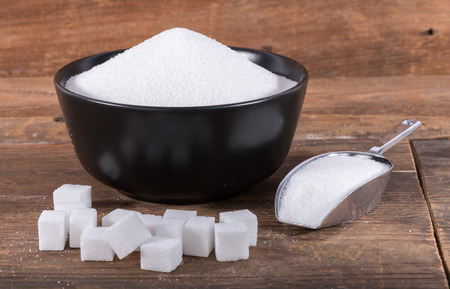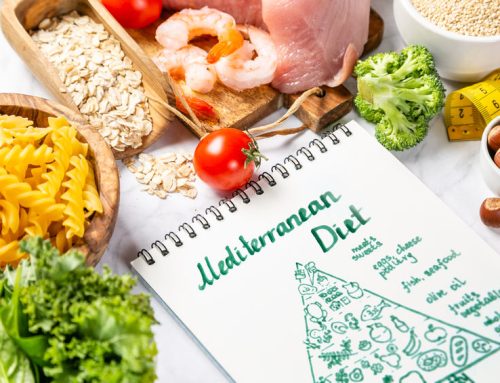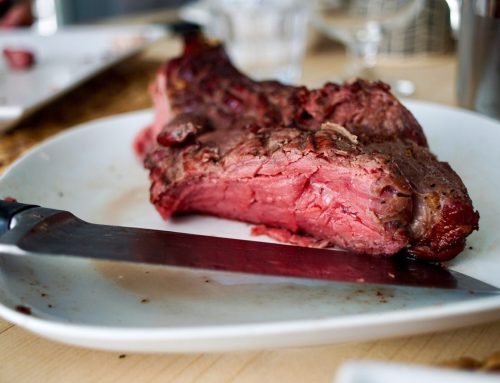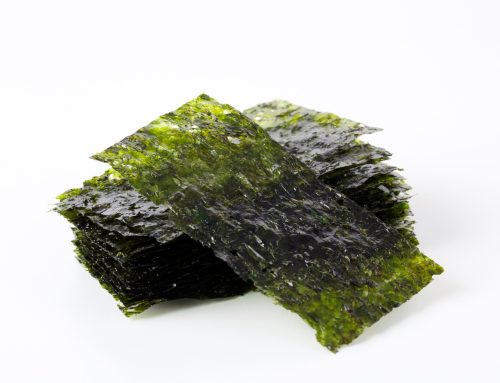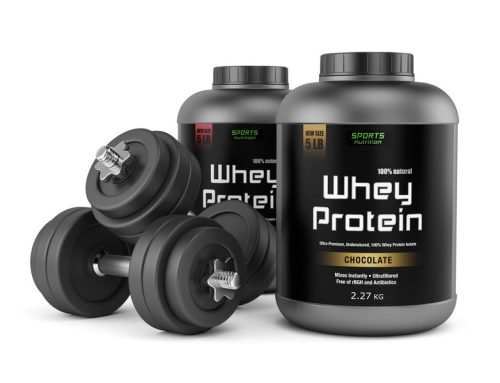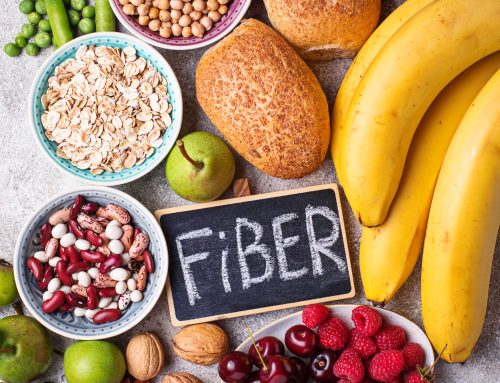How to stop sugar cravings? Sugar is almost everywhere, added to countless products advertised on every form of media, and included in nearly every holiday and casual meal.
According to a 2018 research, craving sweets is now so common that some researchers wonder whether we’ve developed a habit-forming culture when it comes to craving sugar.
It might be a good time to take a closer look at why we crave sweets and what we can do about it.
What causes sugar cravings?
People crave sugar for many reasons — some of them physiological and some of them psychological. So, if you’re asking yourself why, here are some possible causes to consider.
• Conditioning
What you eat — along with when, why, and how much you eat — can turn into behavior patterns. In a different 2018 research , researchers say that what you crave is the result of classical conditioning: behaviors you’ve adopted over time because they feel rewarding.
In a 2016 research , researchers found that processed foods — especially those containing added sugar — can cause habit-forming behaviors in people and in laboratory rats and mice.
• Sugar and habit-forming behaviors
Are sugary foods habit-forming in the same way as drugs? The science isn’t completely clear on that point. Nevertheless, sugary processed foods may trigger the release of the “feel-good” neurochemical dopamine in your brain’s reward center. More dopamine could mean more cravings.
• Artificial sweeteners
It’s possible that artificial sweeteners, which are much sweeter-tasting than sugar, may change people’s taste preferences over time. Some researchers think that when people get used to the hyper-sweetened taste of artificial sweeteners, their desire for sweeter foods could get stronger.
In one small 2015 study, researchers tracked the desire for sweets in a group of 20 people who gave up all sweeteners, both caloric and noncaloric.
After 2 weeks, 86.6 percent of them reported that they no longer had sugar cravings. This led researchers to say that doctors should recommend that their patients participate in a no-sweetener health challenge for 2 weeks.
• Stress
Your body responds to stress by secreting hormones that are also related to food cravings. In a 2019 study, the stress hormone cortisol was linked to the desire for sweet foods, for example. A 2016 research review showed that the hormone ghrelin, which controls appetite, was released when people were stressed out.
• Sleep
The relationship between what you eat and how you sleep is complex. A 2013 study showed that people who don’t get enough sleep tend to crave foods that are:
• sweet
• salty
• starchy
This may be because they’d like to boost their energy levels.
Can you stop sugar cravings?
Yes! You can stop sugar craving. Research shows that even when cravings are intense, resisting them can eventually lead to fewer cravings overall.
A 2016 survey of 2,932 people who were actively engaged in a weight management program revealed that more than half of them (55 percent) experienced less intense, less frequent cravings over time.
An older 2005 study found that restricting your eating too much actually led to more cravings, not less.
A 2020 research review indicated that if you reduce the calories you eat instead of eliminating certain foods completely, cravings tend to decline.
How to Stop Sugar Cravings
So how to stop sugar cravings? Here are some techniques that work:
Give in!
• Eating the odd square of chocolate or piece of cake on your birthday is probably not going to damage your health. And it can be good for your mental health to savor something luscious now and then.
• According to the National Institute of Diabetes and Digestive and Kidney Diseases, health experts say that the occasional sweet indulgence is fine — just not every day.
Glance at the label
• Sometimes a reality check can curb your craving.
• If you’re craving something that has a packaging label, look closely at the nutritional content, so you can make an informed choice about what to eat.
Take a quick walk
A 2015 study showed that a brief 15-minute walk could cut the cravings. As a bonus, the walk could pep you up more than a cookie or brownie anyway.
Opt for a nap instead
If you’re one of the millions of folks who are chronically sleep deprived in this age of overstimulation, a power nap may do more to revive your energy levels than something sugary.
Swap it out
If you want a hint of sweetness without the glycemic overload, you could choose healthier alternatives like:
• fresh fruit
• trail mix
• dark chocolate
And if you’re feeling hungry, a meal that features protein may be what you need instead.
Click here to read more about how to stop sugar cravings.


